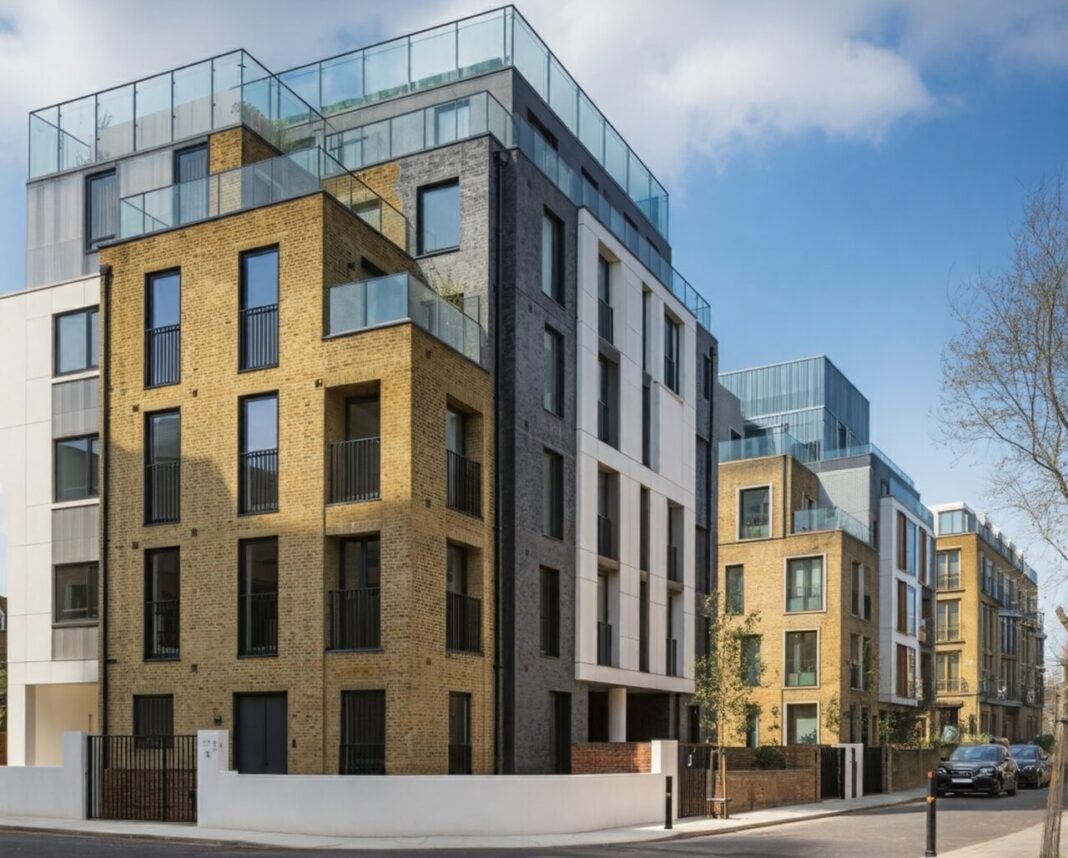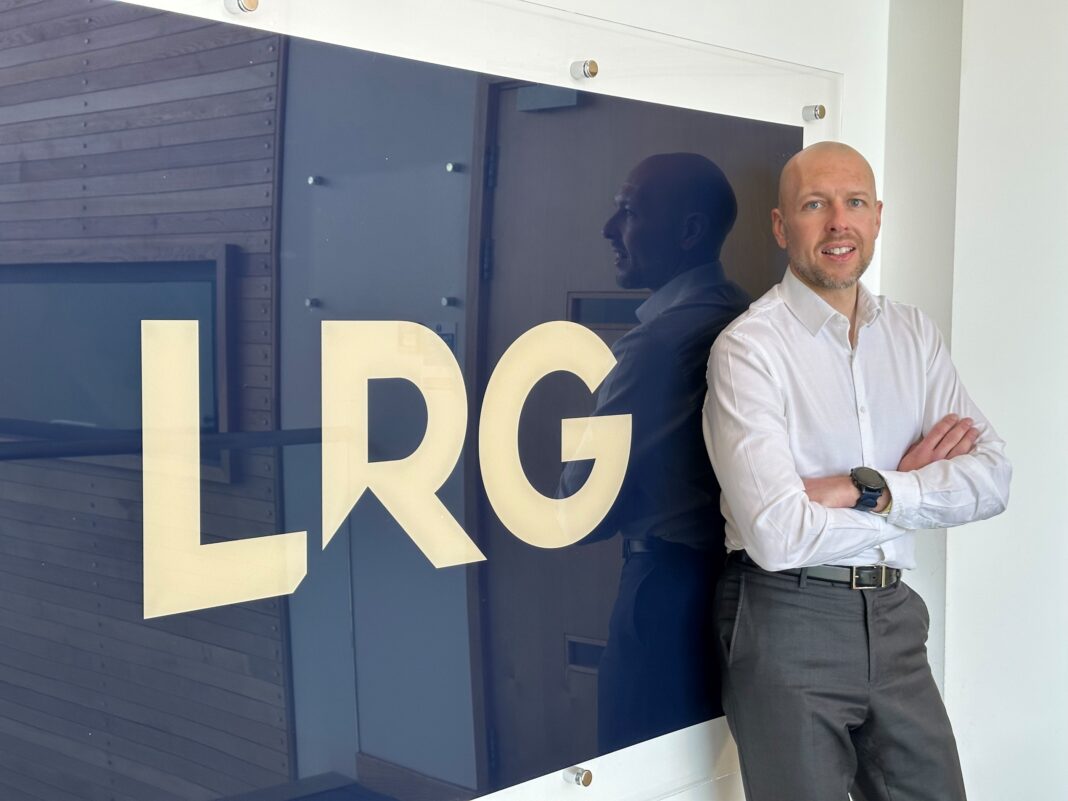UK property investors are expressing deepening pessimism over the economic outlook under the Labour government, according to newly updated research from boutique investment firm Excellion Capital.
The firm’s latest Investor Sentiment Survey reveals a sharp fall in confidence since the beginning of the year, with a growing number of investors citing economic uncertainty, rising costs, and regulatory unpredictability as key threats to the sector.
The research, based on responses from 584 UK-based property investors, shows that 27.8% now rank their confidence in making new investments at the lowest possible level of one out of ten – up from 17.9% in January 2025. Meanwhile, 75% of respondents rated their confidence at five or below, compared to 63.1% at the start of the year.
Investor sentiment on borrowing also remains weak.Nearly half (48.6%) rated their confidence in accessing loans and financing at the lowest level, although the percentage of those scoring their confidence at five or below declined slightly to 79.2% from 83.3%.
FRAGILE MARKET
This suggests a marginal improvement in attitudes toward borrowing for existing assets, while sentiment around new acquisitions remains fragile.
The survey highlights consistent concerns about the macroeconomic environment. The most frequently cited risks to real estate projects in 2025 remain unchanged from January: economic uncertainty (21.7%), regulatory or policy changes (21.7%), interest rates (15.8%), market volatility (11.7%), and inflation (11.7%). Challenges in securing debt financing are also familiar, led by high interest rates (16.5%), valuation pressures from market uncertainty (12.4%), and rising costs (11.3%).
One area of relative improvement is around access to debt. In January, 9.6% flagged tight loan-to-value requirements and stricter lending criteria as a barrier to financing; that figure has since fallen to 5.2%, suggesting some easing in lender restrictions or investor adaptation to current market conditions.
Confidence in the Labour government remains low. While 58.3% of respondents say they have little or no faith in the government’s ability to manage the economy, this represents a modest improvement on the 69% who felt the same in January. However, the gain is largely due to a rise in neutrality, with the number of respondents identifying as neither confident nor unconfident increasing from 14.3% to 30.6%.
When asked about policy priorities, investors ranked economic growth (15.5%) and the cost of living (14.2%) highest. Tax reform jumped in perceived importance, rising from seventh place in January to third in the latest poll, cited by 11.7% of respondents.
Despite signs of stabilisation in some areas, the overarching mood remains grim. Over 70% of respondents describe themselves as somewhat or very pessimistic about the UK’s economic future under Labour, while only 20.8% express any degree of optimism.
INVESTORS UNIMPRESSED

Ashley Marks, Head of Real Estate at Excellion Capital, says: “As we approach the halfway point of 2025, real estate investors in the UK remain unimpressed with the Labour government.
“The mood was hesitant back in January, and continues to be so today. But we are seeing a couple of important variations in sentiment that are worthy of discussion.
“First, the survey responses show an increase in the number of investors turning to joint ventures to fund their projects. To us, this suggests that investors are trying to overcome the lower leverage available from high street lenders by bringing in an equity partner who can help them gain leverage. Or, they have shifted focus to assets which are difficult to obtain bank finance for, such as land without planning.”
LENDERS ARE OPTIMISTIC
He adds: “Despite this, investors are feeling more buoyant with regards to the LTVs lenders are offering. Back in January there was concern that they were on a long-term downward trend, but we are now seeing some lenders increasing LTVs to as high as 80%. This is vital knowledge because it indicates lender optimism – a higher LTV means that they expect rates to fall and values to rise.
“Investors can feel further optimism due to the fact that the economic shock and uncertainty that came from across the Atlantic when President Trump first announced his huge tariffs seems to have subsided since he decided to soften his approach. To illustrate this, we can look at how 5-year swap rates have dropped by roughly 8% since the end of March alone.
“This is huge, not least when you consider that swaps only dropped by around 5% through the previous 11 months, even with multiple cuts to the Bank of England base rate coming during that time.”
INCREASED CONFIDENCE
“Another reason for optimism comes from the fact that lenders are now lending on apartment block break-up value rather than whole blocks, demonstrating increased lender confidence and opening up higher LTC for investors.
“So while we hoped that the Labour government would show more desire to instil optimism in the real estate market, things are still starting to look up.
“Starmer may be wielding a 1930s throwback approach to nationalisation and increased taxation, seemingly hellbent on creating roadblocks to prosperous real estate investment, but we fully expect investors to keep demonstrating their innate ingenuity to navigate paths around these obstacles.”









